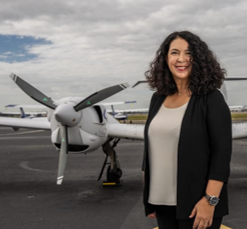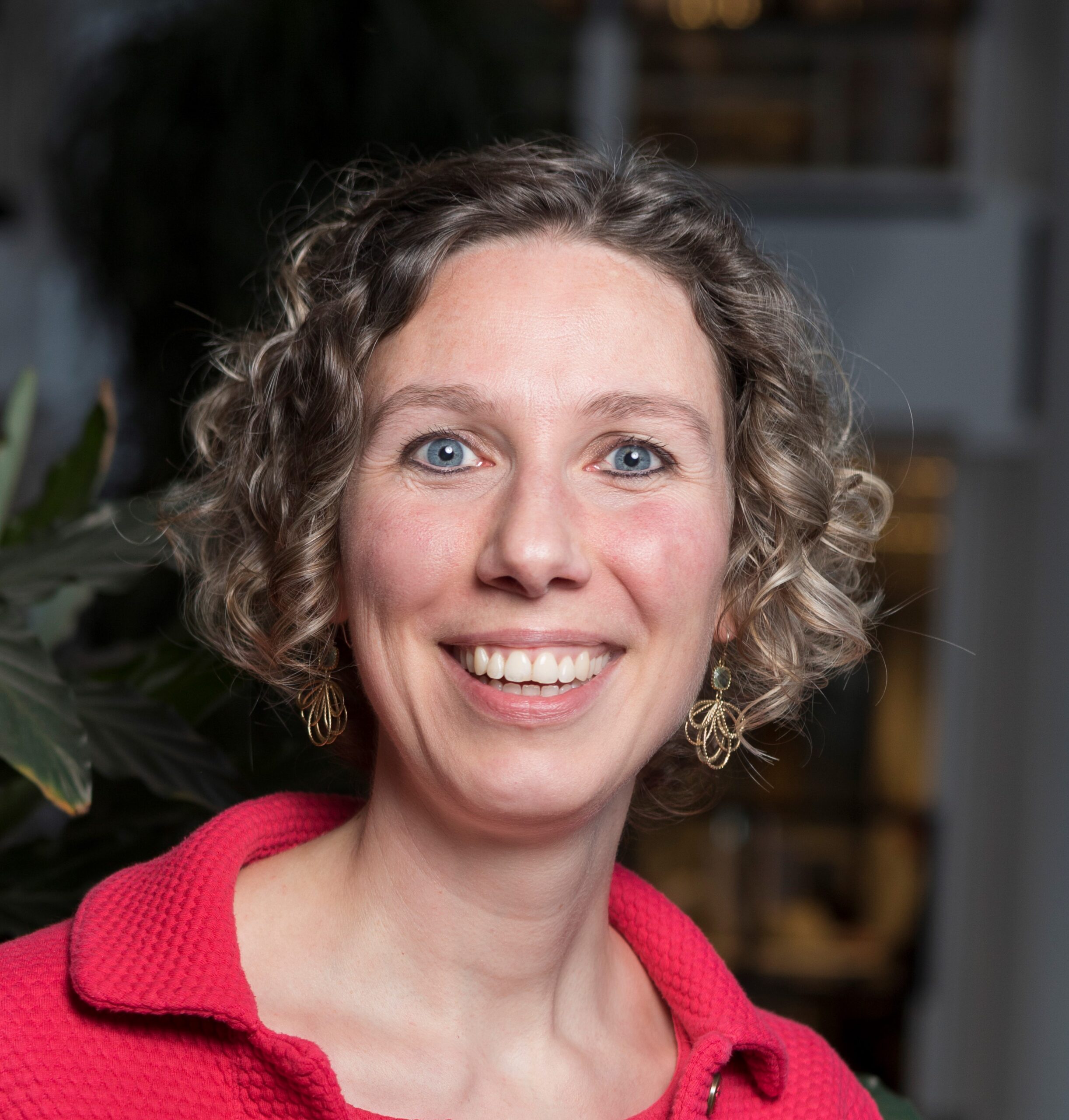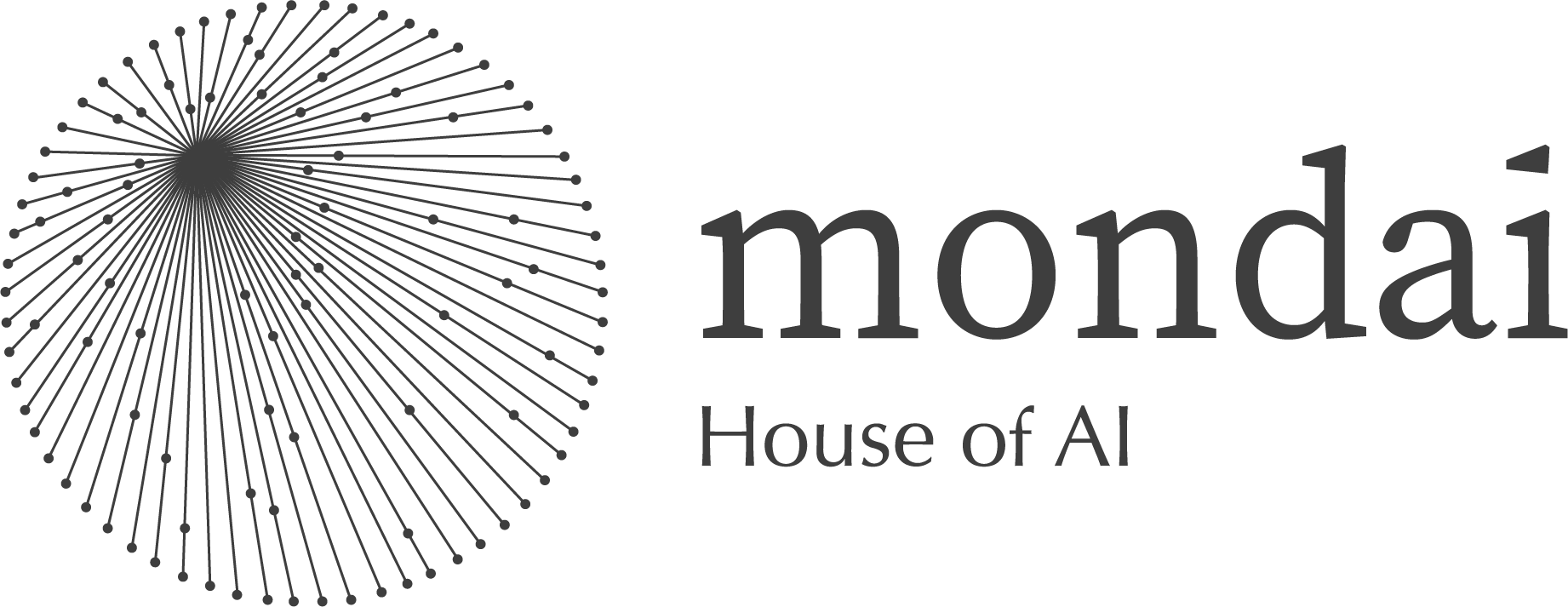
Symposium and Opening Centre for Meaningful Human Control
oktober 1, 2024 - 9:00 - 18:00
Mondai | House of AI is glad to host the Symposium and Opening of the new Centre for Meaningful Human Control of the TU Delft!
Hosted in collaboration with the Centre for Meaningful Human Control and the TU Delft AI Initiative.
As AI algorithms rapidly revolutionize various sectors – from healthcare through public services to transportation – they also raise concerns over their potential to spiral beyond human control and responsibility. In 2018, TU Delft launched the AiTech initiative to address the transdisciplinary challenges related to designing systems under Meaningful Human Control. Concurrently, the project “Meaningful Human Control over Automated Driving Systems” (2017-2021) further developed and operationalised this concept in the context of driving automation. These and other initiatives have produced impactful research, fostered community building – both national and international, and influenced key policy documents by Dutch and EU authorities.
In this event we invite you to celebrate with us two recent milestones from our MHC community! The release of the first Research Handbook on Meaningful Human Control and the launch of the Centre for Meaningful Human Control.
This event is a unique opportunity to engage with leading academics and practitioners in the field! Exchange perspectives – philosophical, legal, and technical – on the challenges and approaches towards keeping meaningful human control over technology.
Programme
08.30 – 09.00 Walk-in and Registration
09.00 – 10.15 Welcome by David Abbink (Scientific Director CMHC) and Luciano Cavalcante Siebert (Co-Director CMHC), interactive session by Nazli Cila and Deborah Forster (Research Team CMHC), keynote by Carles Sierra (Artificial Intelligence Research Institute, Spanish National Research Council)
10.15 – 10.40 Break and Handbook Gallery
10.40 – 12.30 Keynotes by Johannes Himmelreich (Syracuse University), and Tanya Krupiy (Newcastle University), and a Panel Discussion with Authors of the Handbook
12.30 – 13.30 Lunch
13.30 – 14.50 Welcome by Arkady Zgonnikov (Co-Director CMHC). Keynotes by David Abbink (Scientific Director CMHC) and Kim van Sparrentak (European Parliament)
14.25 – 14.50 Break
14.50 – 16.40 Keynotes by Barbara Holder (Embry-Riddle Aeronautical University) and Ilse Harms (Dutch Vehicle Authority), and an interactive session on bringing MHC research to practice
16.40 – 17.00 Official Launch of the Centre for Meaningful Human Control
17.00 Celebratory Drinks!
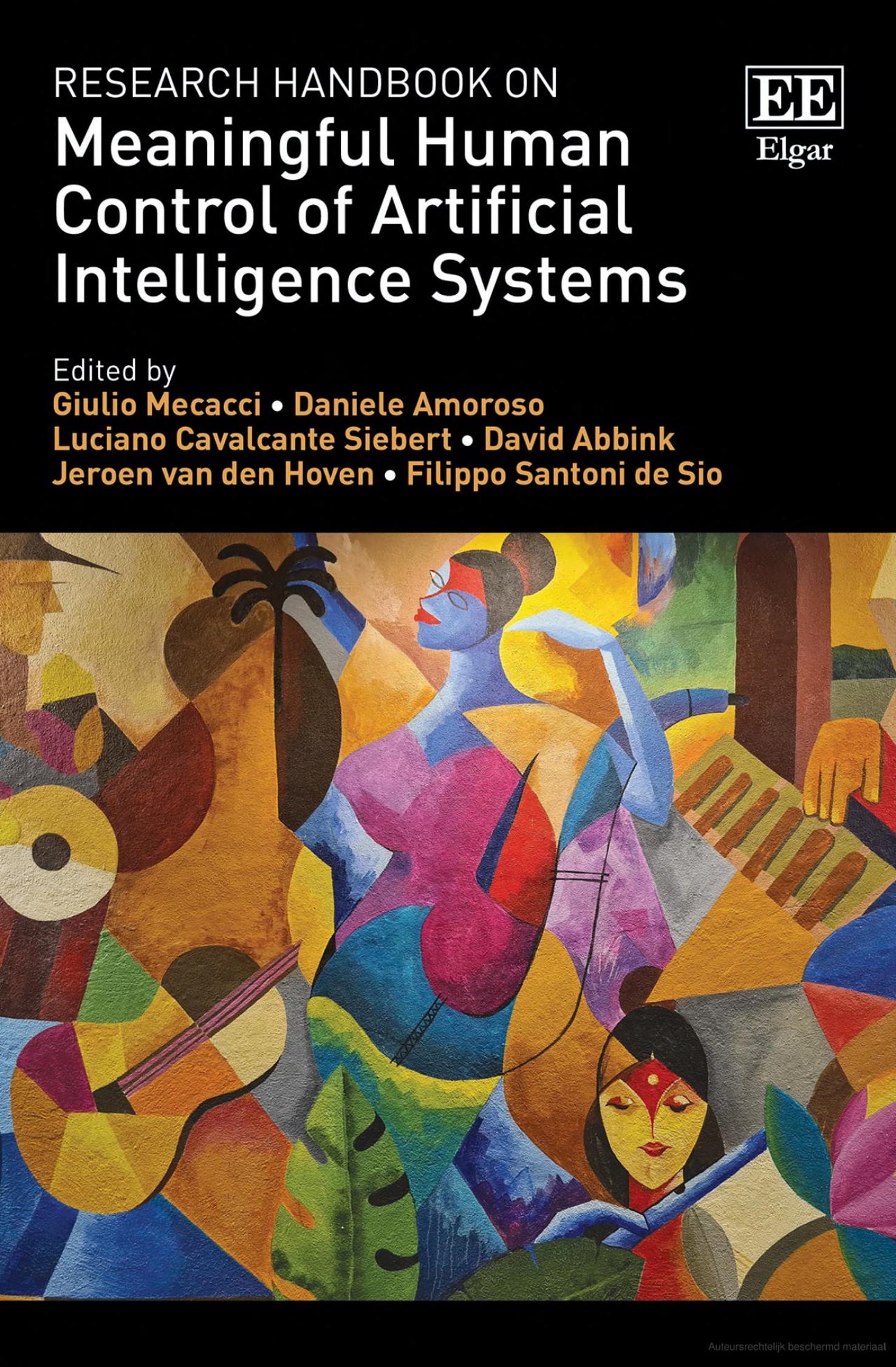
Morning Programme: Academic Challenges of Meaningful Human Control
Exciting keynotes provide an integrated overview from various academic perspectives – ethical, legal, design and engineering. And, an interactive session with the authors and editors provides a change to deep-dive into the Handbook on Meaningful Human Control.
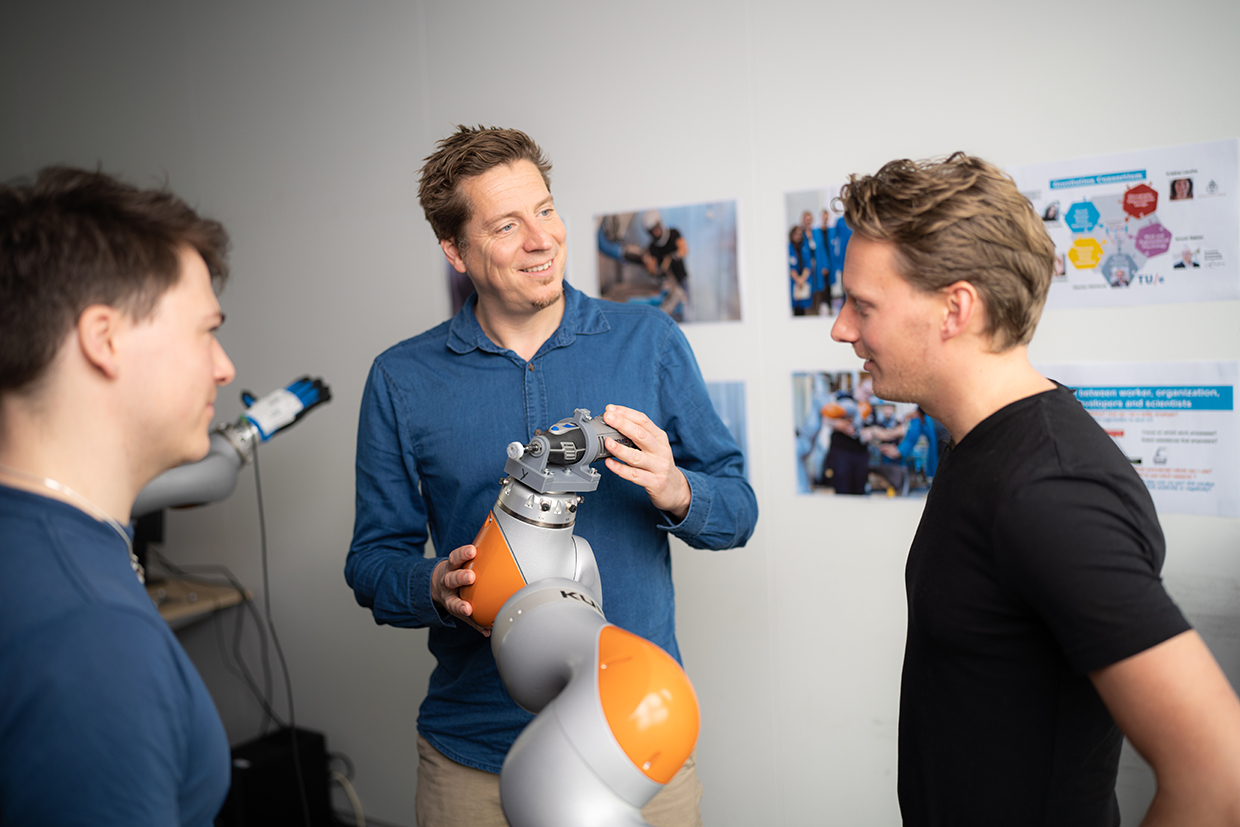
Afternoon Programme: Pragmatic Challenges of Meaningful Human Control
In the afternoon we focus on the practical challenges of meaningful human control. Via talks and interactive sessions around real-world challenges from international experts we take a closer look at sectors like the aviation and automotive industry, and Dutch and European policy making. We also take the time to explore how you might interact with its network and expertise.
At the end of the day we also officially launch and celebrate our Centre on Meaningful Human Control!
A Moment of Celebration!
We are very excited to celebrate the official launch of the Centre for Meaningful Human Control over systems with autonomous capabilities with you. The mission of the Centre is to connect academics and practitioners to better conceptualise, design, implement, and assess systems under meaningful human control. We strive to be a lighthouse for collaboration among multiple stakeholders: to leverage interdisciplinary expertise, existing initiatives at TU Delft, and an international network of collaborators at the forefront of research and practice on meaningful human control.

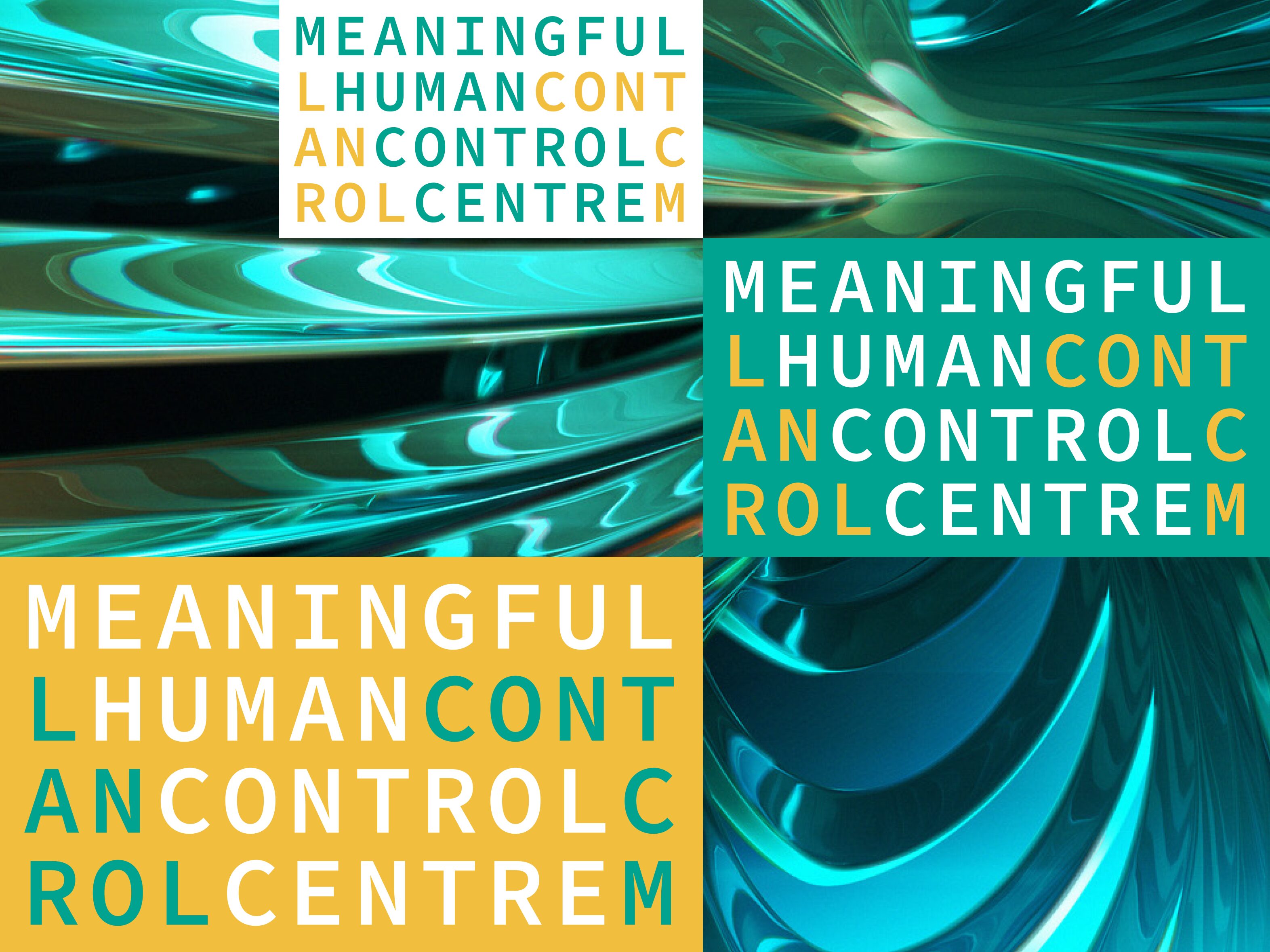
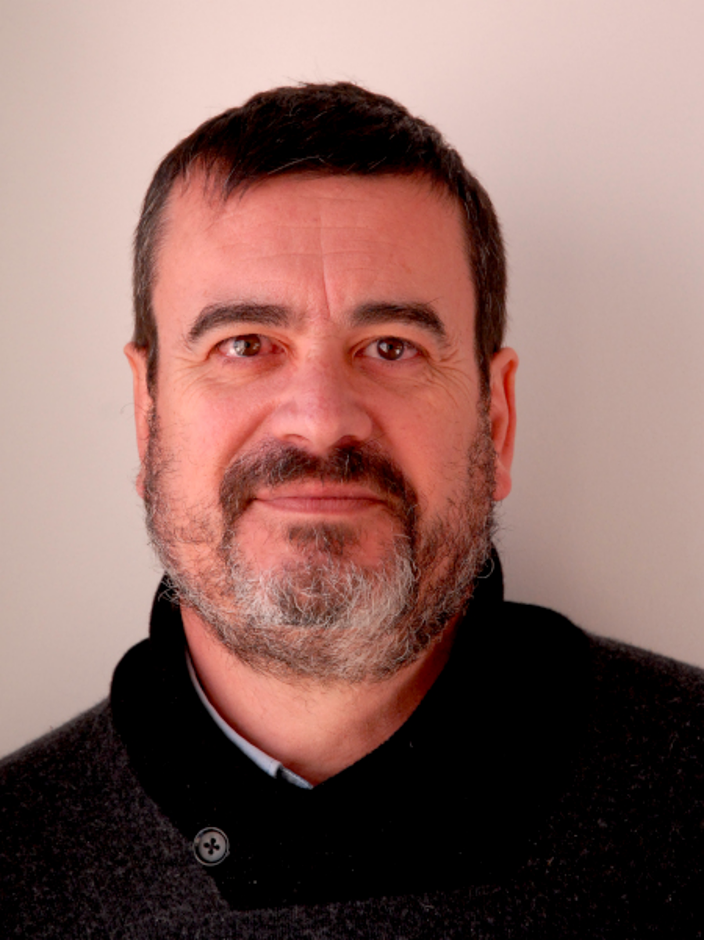
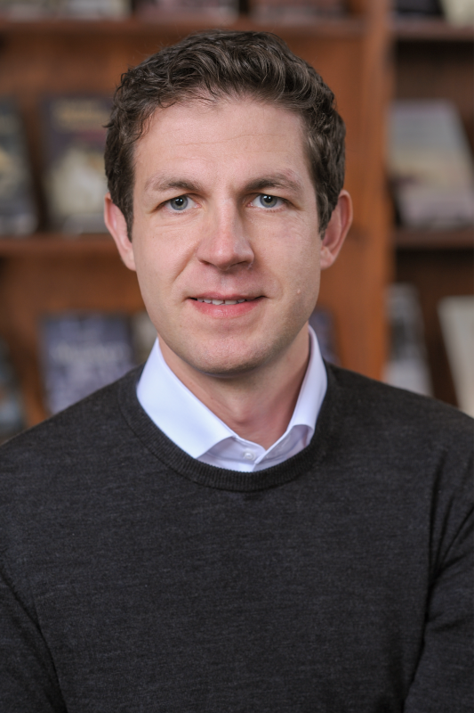 Johannes Himmelreich is a philosopher who teaches and works in a policy school. He is an Assistant Professor in Public Administration and International Affairs in the Maxwell School at Syracuse University. He works in the areas of political philosophy, applied ethics, and philosophy of science. Currently, he researches the ethical quandaries that data scientists face, how the government should use AI, and how to check for algorithmic fairness under uncertainty. He published papers on “Responsibility for Killer Robots,” the trolley problem and the ethics of self-driving cars, as well as on the role of embodiment in virtual reality. He holds a PhD in Philosophy from the London School of Economics (LSE). Prior to joining Syracuse, he was a post-doctoral fellow at Humboldt University in Berlin and at the McCoy Family Center for Ethics in Society at Stanford University. During his time in Silicon Valley, he consulted on tech ethics for Fortune 500 companies, and taught ethics at Apple.
Johannes Himmelreich is a philosopher who teaches and works in a policy school. He is an Assistant Professor in Public Administration and International Affairs in the Maxwell School at Syracuse University. He works in the areas of political philosophy, applied ethics, and philosophy of science. Currently, he researches the ethical quandaries that data scientists face, how the government should use AI, and how to check for algorithmic fairness under uncertainty. He published papers on “Responsibility for Killer Robots,” the trolley problem and the ethics of self-driving cars, as well as on the role of embodiment in virtual reality. He holds a PhD in Philosophy from the London School of Economics (LSE). Prior to joining Syracuse, he was a post-doctoral fellow at Humboldt University in Berlin and at the McCoy Family Center for Ethics in Society at Stanford University. During his time in Silicon Valley, he consulted on tech ethics for Fortune 500 companies, and taught ethics at Apple.

